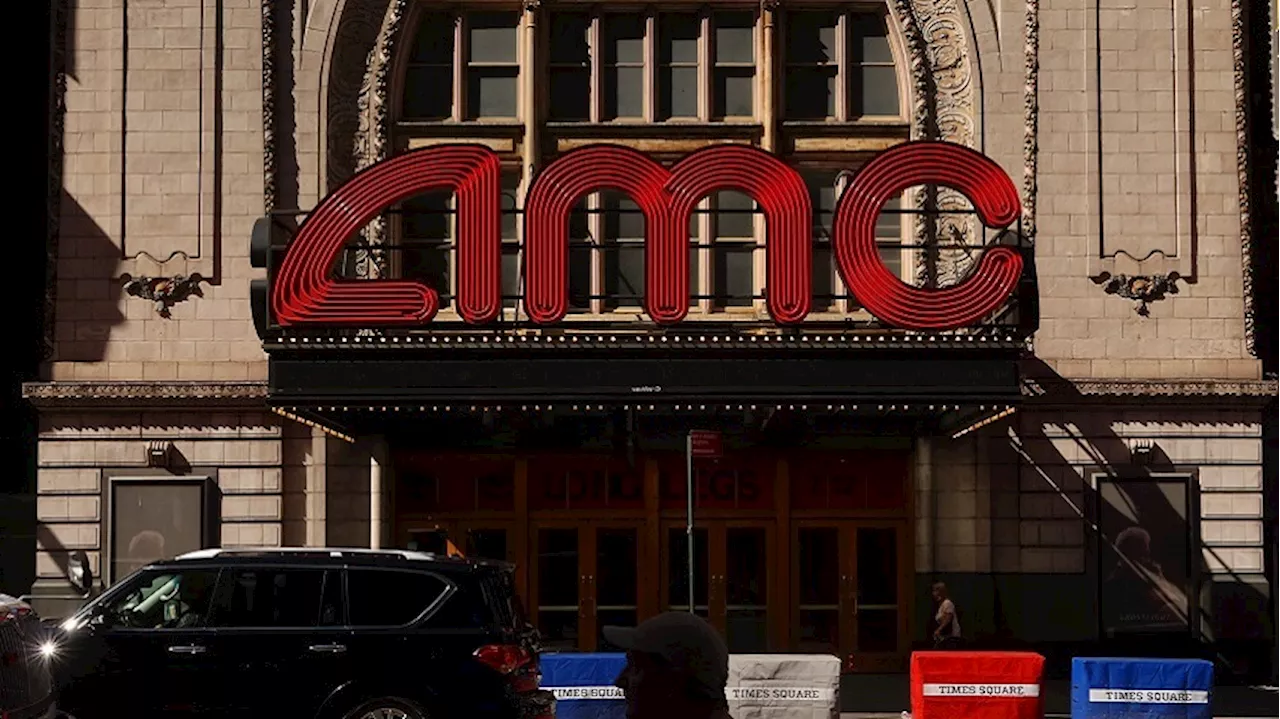A proposed bill in Connecticut aims to require theaters to list both the start time for ads and the actual movie start time.
A recent bill proposed in the Connecticut state senate aims to address a common frustration among moviegoers: the excessive length of pre-movie advertisements. The proposed legislation would require theaters to prominently display both the start time for advertisements and the actual start time for the feature film. This seemingly simple change stems from a growing awareness that the pre-roll experience has become increasingly burdensome.
Moviegoers often arrive at theaters at the advertised start time only to endure lengthy trailers and commercials before the film actually begins. The bill seeks to empower viewers by providing them with clear information about the film's actual start time, enabling them to optimize their theater experience.The revenue generated by these pre-movie advertisements is substantial, contributing approximately 10 percent to cinema chains' overall earnings. However, the effectiveness of this advertising model is waning in the digital age. With trailers readily available online, the novelty of watching them in theaters has diminished. Furthermore, moviegoers have learned to strategically time their arrivals to avoid the bulk of the pre-film advertising, making the ads less impactful. This raises questions about the sustainability of relying heavily on pre-movie advertising revenue. The proposed Connecticut law could potentially force theaters to reconsider their advertising strategies, potentially leading to shorter pre-roll segments or alternative revenue models.
MOVIETHEATERS ADVERTISING LEGISLATION CONNECTICUT MOVIE START TIMES
United States Latest News, United States Headlines
Similar News:You can also read news stories similar to this one that we have collected from other news sources.
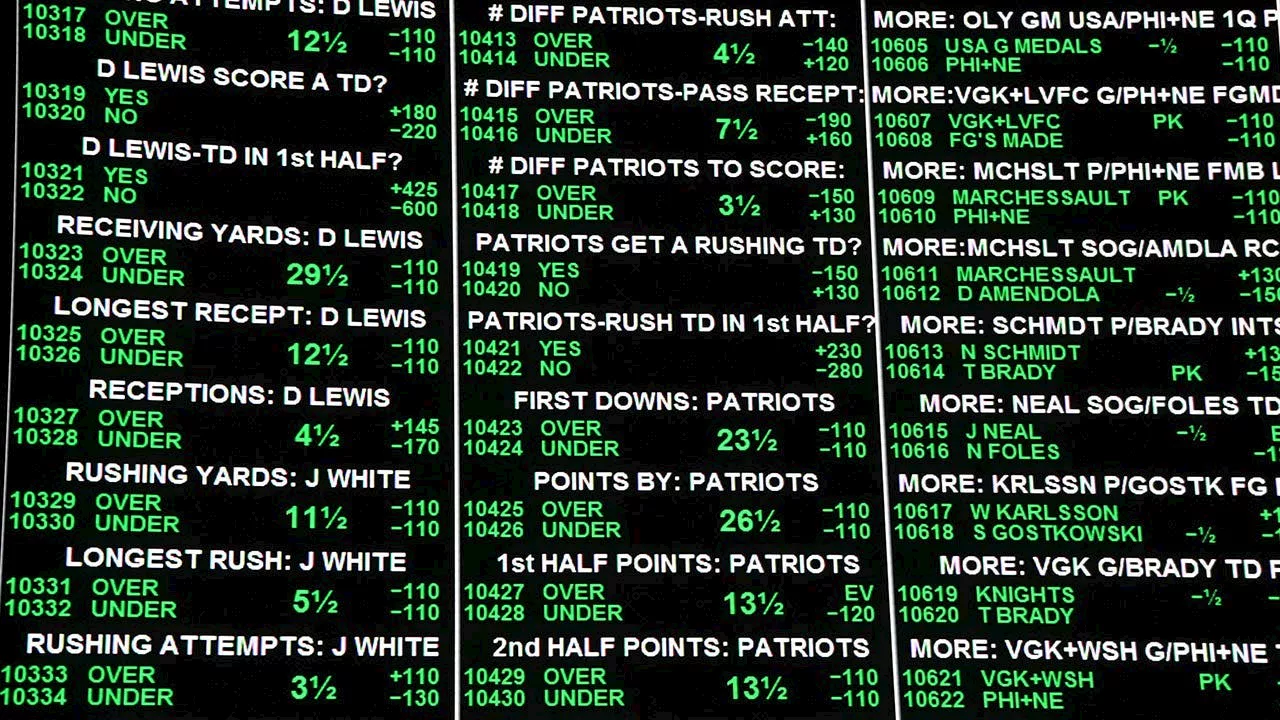 Connecticut Bill Seeks to Legalize In-Flight Sports BettingA bill introduced in Connecticut aims to allow sports gambling on flights departing or arriving in the state, potentially circumventing laws in other states. While federal laws like the Gambling Devices Act of 1962 may pose a challenge, legal experts argue that cell phones used for betting don't fall under the definition of gambling devices. The bill's success hinges on navigating federal regulations prohibiting interstate gambling.
Connecticut Bill Seeks to Legalize In-Flight Sports BettingA bill introduced in Connecticut aims to allow sports gambling on flights departing or arriving in the state, potentially circumventing laws in other states. While federal laws like the Gambling Devices Act of 1962 may pose a challenge, legal experts argue that cell phones used for betting don't fall under the definition of gambling devices. The bill's success hinges on navigating federal regulations prohibiting interstate gambling.
Read more »
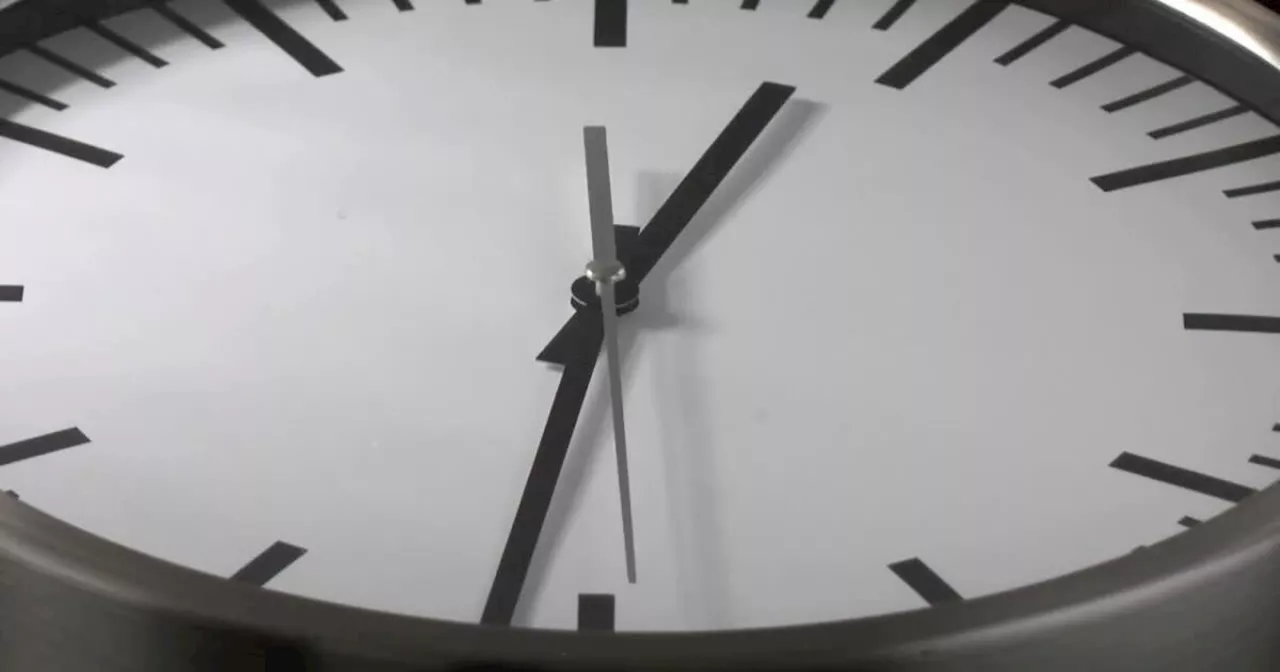 Utah Bill Seeks to End Daylight Saving TimeA new bill in Utah aims to eliminate the biannual clock changes by adopting standard time permanently.
Utah Bill Seeks to End Daylight Saving TimeA new bill in Utah aims to eliminate the biannual clock changes by adopting standard time permanently.
Read more »
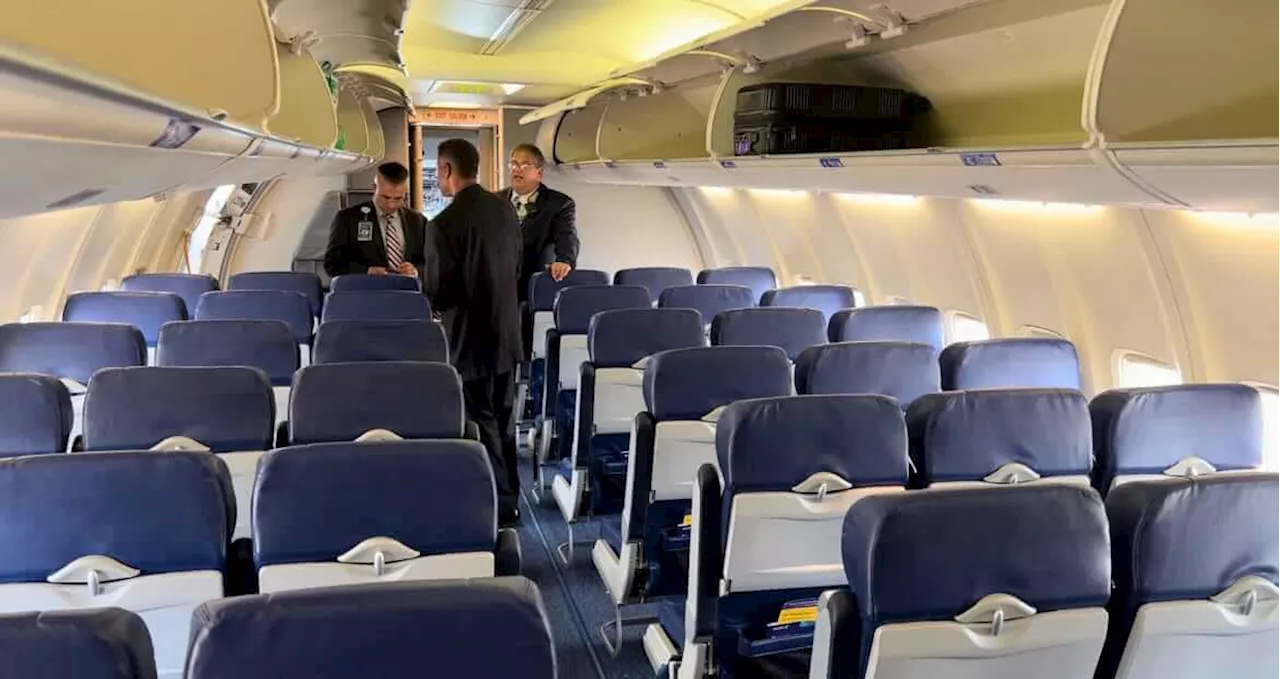 Connecticut House Bill Proposes In-Flight Sports Betting Despite Federal RestrictionsA Connecticut House bill proposes to authorize in-flight sports wagering for flights originating or landing in the state, but faces legal challenges due to federal restrictions. The bill, while facing an uphill battle, highlights the trend of integrating gambling into everyday activities and comes amidst broader efforts in Connecticut to expand and regulate sports betting.
Connecticut House Bill Proposes In-Flight Sports Betting Despite Federal RestrictionsA Connecticut House bill proposes to authorize in-flight sports wagering for flights originating or landing in the state, but faces legal challenges due to federal restrictions. The bill, while facing an uphill battle, highlights the trend of integrating gambling into everyday activities and comes amidst broader efforts in Connecticut to expand and regulate sports betting.
Read more »
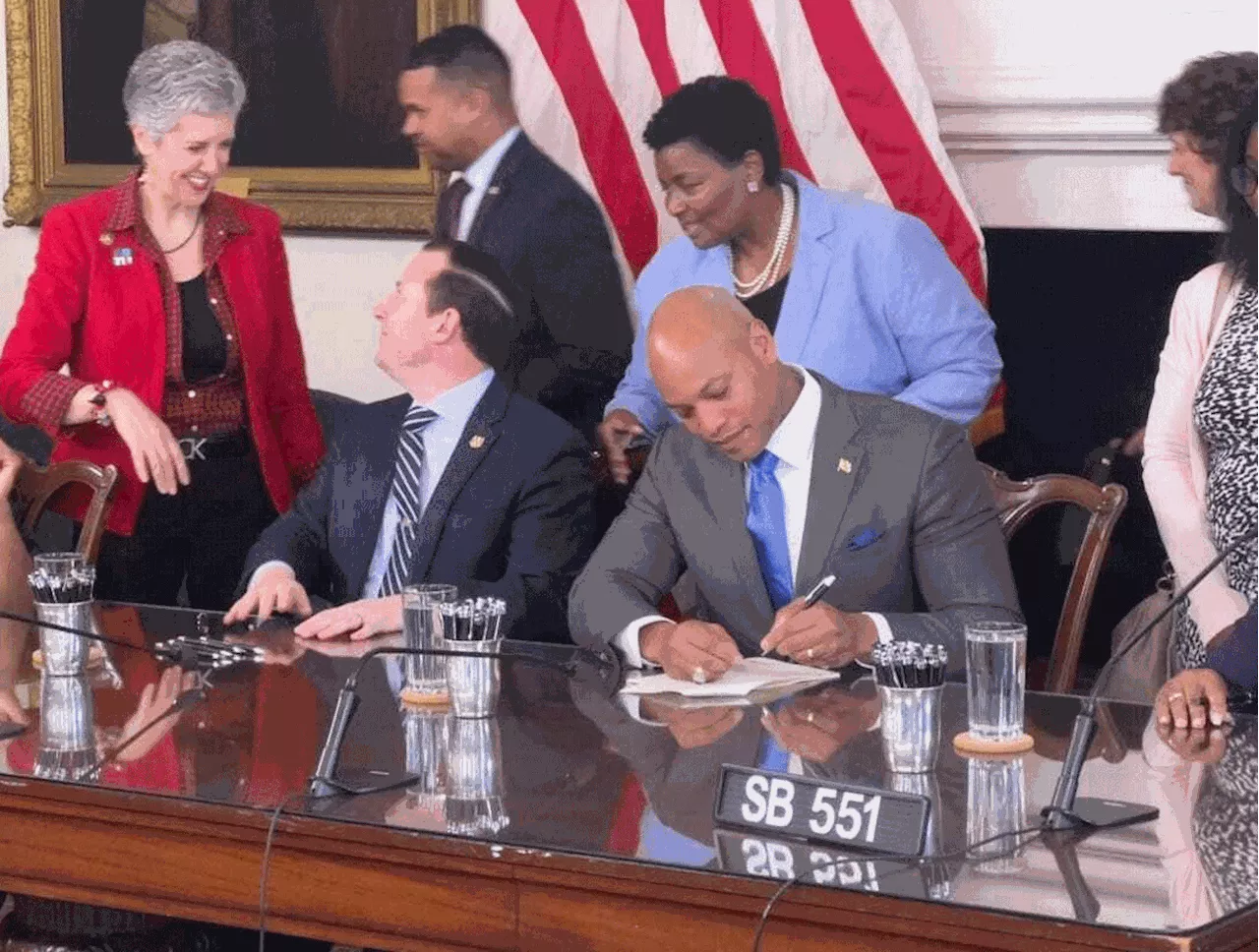 Maryland Bill Seeks to Legalize Online CasinosA bill introduced in Maryland proposes to legalize and regulate iGaming, with potential implementation by 2027. The bill aims to generate tax revenue for education.
Maryland Bill Seeks to Legalize Online CasinosA bill introduced in Maryland proposes to legalize and regulate iGaming, with potential implementation by 2027. The bill aims to generate tax revenue for education.
Read more »
 Bipartisan Bill Seeks to Reauthorize Great Lakes Restoration InitiativeA bipartisan bill led by Rep. Dave Joyce aims to reauthorize the Great Lakes Restoration Initiative for five more years and increase its funding.
Bipartisan Bill Seeks to Reauthorize Great Lakes Restoration InitiativeA bipartisan bill led by Rep. Dave Joyce aims to reauthorize the Great Lakes Restoration Initiative for five more years and increase its funding.
Read more »
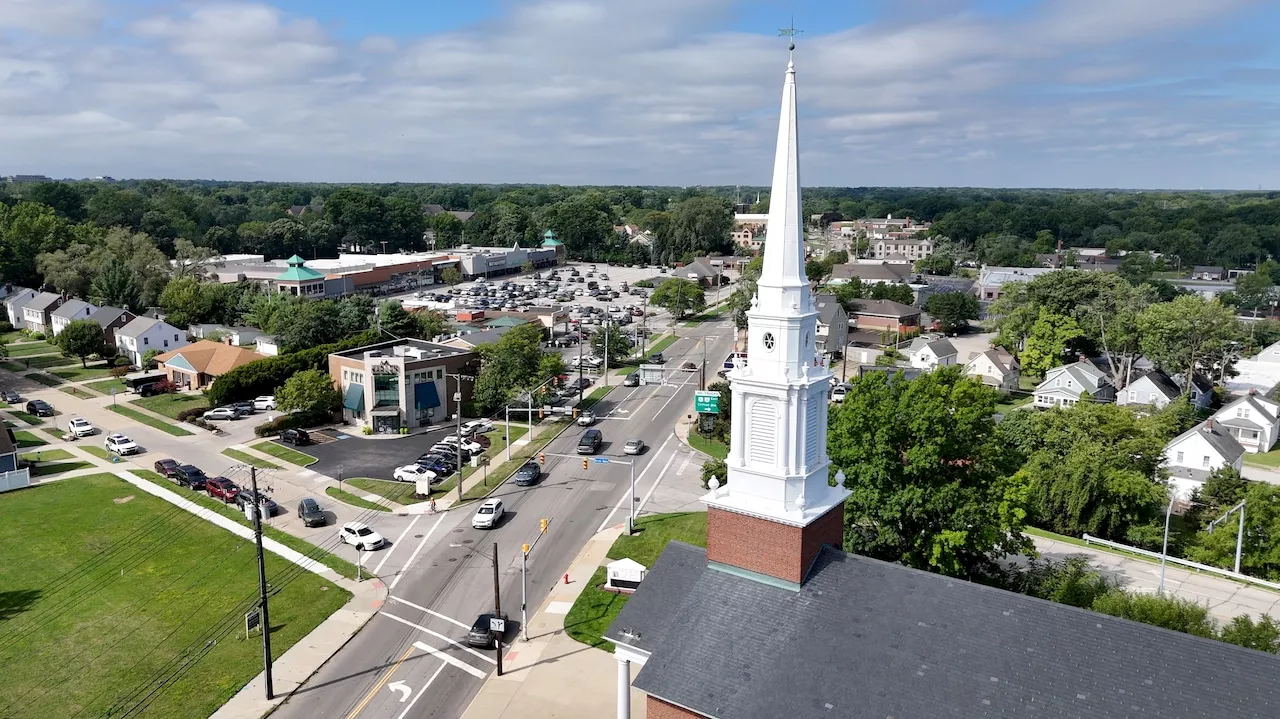 Alabama Bill Seeks to Exempt Baptist Convention from Local TaxesAlabama Representative Phillip Ensler has prefiled a bill to exempt the Alabama State Missionary Baptist Convention and its local associations from paying local taxes. While religious organizations are generally exempt from federal taxes, Ensler argues that the current process for obtaining local tax exemptions in Alabama is outdated and burdensome. He cites the convention's extensive community work, such as assisting those experiencing food insecurity, homelessness, and financial struggles, as justification for the exemption.
Alabama Bill Seeks to Exempt Baptist Convention from Local TaxesAlabama Representative Phillip Ensler has prefiled a bill to exempt the Alabama State Missionary Baptist Convention and its local associations from paying local taxes. While religious organizations are generally exempt from federal taxes, Ensler argues that the current process for obtaining local tax exemptions in Alabama is outdated and burdensome. He cites the convention's extensive community work, such as assisting those experiencing food insecurity, homelessness, and financial struggles, as justification for the exemption.
Read more »
